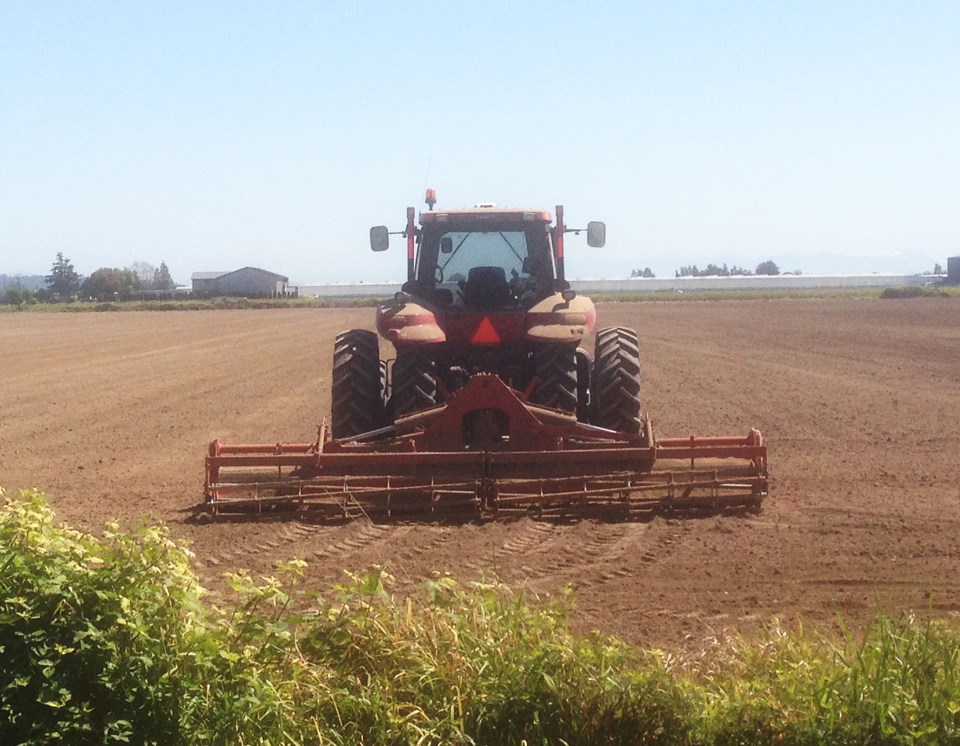A road map to protect agricultural land across Metro Vancouver was endorsed by the regional body’s climate action committee Thursday, in a move that paves the way to protect existing agricultural land and push the sector to be carbon neutral by 2050.
The latest plan is among 10 climate road maps Metro staff has developed to target emissions from transportation, buildings, industry and waste, among other sectors. But the plan did not escape criticism.
Metro director and Vancouver Coun. Adriene Carr said she worried the current agricultural plan was being informed by a lack of data — particularly zero-emissions data from the the area’s greenhouses.
“I don't know how we achieve getting to our goals, if we aren't measuring where we're at now,” Carr said.
Metro staff responded saying it is working on the problem.
Alison Gu, a councillor from Burnaby, raised concerns Metro’s current regulatory practices continued to allow the elimination of agricultural land.
“We need to look at those policies because recognizing that it's death by thousand cuts here, and we're 50 per cent of the way through these thousand cuts,” said Gu.
Gu said the sectoral target of reducing agricultural emissions 35 per cent below 2010 levels by 2030 is “equal” to more polluting sectors “but it's actually not equitable because agriculture is an essential service.”
Agriculture makes up roughly 20 per cent of Metro Vancouver’s land base but produces just four per cent of the region’s emissions — largely through fertilizer, farm equipment, and “fossil natural gas to heat greenhouses,” according to Metro Vancouver staff.
Emission reductions are expected to be achieved through new technologies and switching out machinery and heating sources with renewable energy sources, the Metro plan says.
The road map also aims to make several “big moves,” including preparing a strategy to protect agricultural land; tracking soil movement within agricultural lands; reducing the encroachment of urban development; exploring new technologies to conserve and reduce water use; and building a payment system to fund nature-based solutions for agriculture.
From changing rainfall and temperature patterns to extreme flooding and a shift in pests and diseases, the report recognized agricultural is among the region's most vulnerable sectors to climate change.
But according to Mike Bose, a Surrey councillor and farmer, the report paid little attention to the cost farmers pay to ensure agricultural land is profitable enough to survive.
“There's no talk in here about the amount of money our farmers have to pay… the thing that government needs to keep in mind is, based on economics, farmers are always ahead of the curve,” he said.
“We're now at our lowest returns in history, in agriculture. Every policy you create, every piece of paper costs the farmer money and that needs to be talked about in this road map.”
Another thing missing from the discussion, according to Bose, was local governments encroaching on agricultural land.
“What's missing in here is talking about government getting its hands off farmland,” he said of the road map.
Metro staff revised the latest version of the road map after reviewing over 50 pages of public comments. Some of the concerns included a call for stiffer regulation and enforcement to penalize illegal use of agricultural land. Others said all levels of government should provide more financial and educational supports to farmers.


